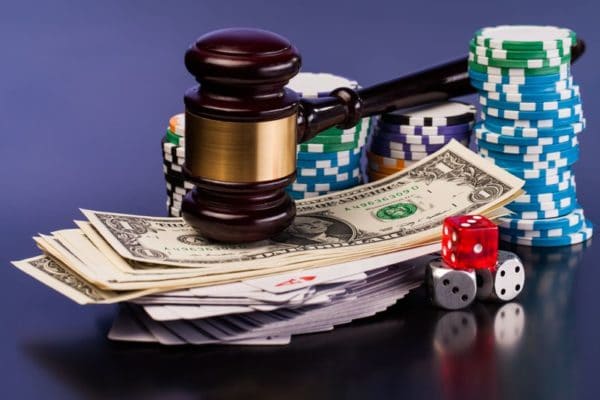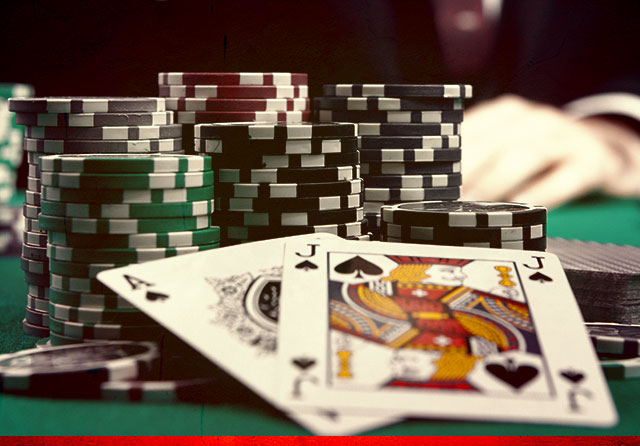Tournament Poker Strategy For Advanced Players
Jonathan Little is well-known for providing tons of free quality poker strategy tips. Strategies' and explains why successful gambling is actually a balance of luck and skill. Other books he has co-authored are Hold 'em Poker For Advanced Players, written with David Sklansky, and Seven-Curd Stud For Advanced Players written with David Sklansky and Ray Zee. All the 'advanced' books are.
- Tournament Poker Strategy For Advanced Players Cheat
- Tournament Poker Strategy For Advanced Players Declaring
Author David Sklansky
Find out how to qualify for this book in the Two Plus Two poker bonus program
Synopsis of Tournament Poker for Advanced Players
This newly-expanded version of Tournament Poker for Advanced Players contains over 100 new pages of updated material dedicated almost entirely to today’s most popular form of tournament poker: no-limit hold ’em. Tournament poker is different from standard ring game poker. While they might appear the same from a distance, there are many differences in proper strategy that are often unknown to many experienced cash game players. Some people excel at tournament poker. This is not luck. These are players who have an advanced understanding of what the proper strategy adjustments are, and when they come into play. It is no coincidence that the same competitors make it to the final tables far more than their fair share. This book explains tournament strategies that only a small number of players have mastered.
It assumes you already know how to play poker well, but aren’t knowledgeable of tournament-specific concepts and when and where to use them. Some of the ideas discussed include: the effect of going broke, the Gap Concept, how chips change value, adjusting strategy to rising stakes, all-in strategy, final table play, making deals, the “System,” focusing on weaker opponents, unusual plays with aces and kings, moving in against the blind, and much more.
Excerpt from the Book Tournament Poker for Advanced Players: Hourly Rate Considerations
Suppose you were playing a $1,000 freezeout heads-up match against a truly awful player. Because he plays so terribly, you can almost guarantee yourself a win by grinding him out, and taking no chances. You might be able to steal lots of antes, get him to call you on the end when he has no chance, and do other things to almost ensure a win. Because of that, you choose to stay away from big pots where you are only a small favorite. For instance, you wouldnÕt put in a lot of money on fourth street when playing stud, even if your first four cards were a four-card straight flush.
By playing this way, you estimate that you have a 90 percent chance of winning the freezeout. That means that this freezeout is worth $800 to you in expected value.

$800 = (.90)($1,000) - (.10)($1,000)

(If you played it 10 times, you expect to be ahead $8,000.) If the average number of hours this freezeout took was five, your expected hourly rate would be $160 per hour.
$160 = $800/5
What if you chose to gamble it up with him, pushing small edges and generally playing bigger pots? Suppose you estimated that this strategy reduced your chances of winning the freezeout to 75 percent? But suppose that playing this way meant the typical freezeout only took two hours, as opposed to five? Your expected earn per freezeout has gone down to $500.
$500 = (.75)($1,000) - (.25)($1,000)
but your hourly rate has increased to $250.
$250 = $500/2
So which way should you play?
There is no definitive answer. It depends on a few different things, the most important of which is, what are those saved hours worth to you? If you would have spent them idly, you probably would prefer to make more money at a lower hourly rate. Most people, if offered the opportunity to make $800 in five hours, or $500 in two hours, would choose the former, as long as the job was not too taxing. Unless you are quite wealthy it would be hard to justify giving up $300 merely to gain three hours of leisure.
On the other hand, if you had an opportunity to make money during those three hours, the situation is different. For instance, if someone was willing to pay you $150 an hour to babysit during those three hours, you should, in theory, play the shorter freezeout, earn your $500 in expected value, and then pick up another $450 from your babysitting job. That $950 is better than the $800 you would theoretically earn if you played the long, drawn out way.
Another time where you would opt to play the shorter, though less profitable freezeout, would be when you knew that you could play more than one freezeout with this guy. If he is willing to play you 10 hours a day, playing as many $1,000 freezeouts as he can fit in, you would make a lot more ($2,500 versus $1,600) by opting to gamble. (You also would be more likely to keep him coming back, since he would quit sooner if you were winning 90 percent of the matches.)
There is, however, one other possible reason to play the more conservative style. Namely, your bank roll. If you only have a few thousand dollars to your name, winning the freezeout is too important to take chances, and this is the situation for most people who play tournaments. Unless there is a juicy sidegame, or perhaps a juicy satellite tournament that you know you could get into if you go broke in the tournament, there is little reason to be concerned about your hourly rate when playing tournaments.
If George makes $100,000 a year in 200 tournaments where he is actually sitting at the table 1,000 hours, he has made $100 an hour. If Jane, playing the same 200 tournaments, has sat at the table 1,500 hours, and made $120,000, she has earned only $80 an hour. But most would prefer JaneÕs results over GeorgeÕs. The strategies recommended in this book assume that you would too. And it is yet another reason why avoiding slightly positive EV situations that can get you broke is the right thing to do.
Other Books Written by David Sklansky
Tournament Poker Strategy For Advanced Players Cheat
More Books from Two Plus Two Publishing
Tournament Poker Strategy For Advanced Players Declaring
- High-Low Split Poker for Advanced Players